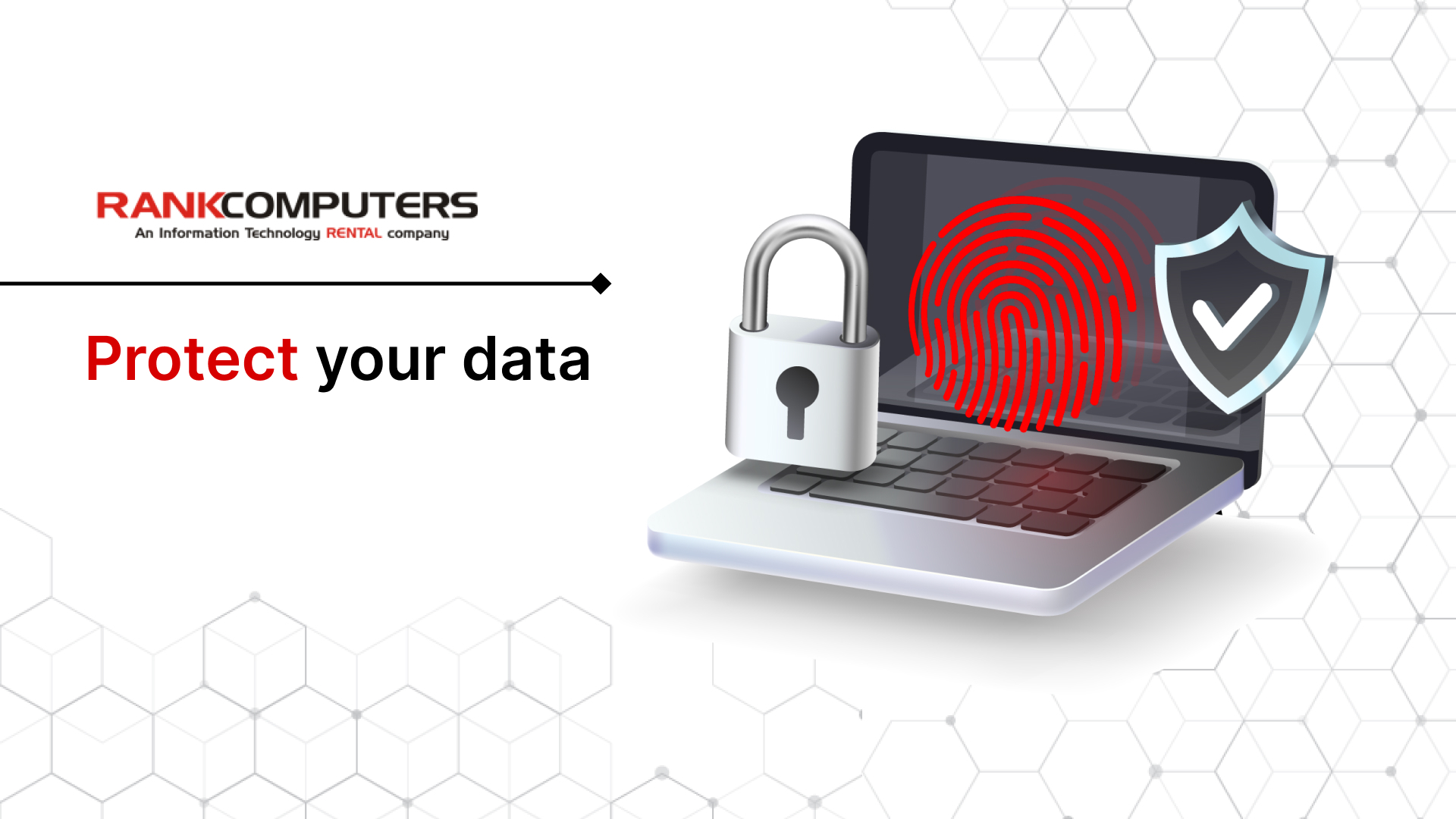In today’s world, data is the lifeblood of any organization. Whether you’re a small business or a multinational corporation, your data is one of your most valuable assets. However, data loss can happen to anyone, at any time, and for a variety of reasons.
It could be due to hardware failures, cyber-attacks, or natural disasters. That’s why protecting your data is crucial to ensure business continuity and prevent financial losses.
One of the best ways to protect your data is by backing up your storage devices regularly and safeguarding your IT infrastructure. In this blog, we’ll discuss the best practices for backing up your storage devices, so you can rest easy knowing that your data is safe and recoverable.
Determine what data needs to be backed up
Determining what data needs to be backed up depends on the nature of your business and the type of data you handle. However, as a general rule, any data that is essential to your business operations or that cannot be easily recreated should be backed up.
This includes critical legal and business information such as financial records, employee data, client data, contracts, and agreements.
Implementing a backup strategy that aligns with your IT infrastructure can help ensure that your data is protected and easily recoverable in the event of a disaster.
It’s essential to categorize your data based on its sensitivity and priority to avoid unnecessary backups.
Choose a backup method
Choosing a backup method depends on your budget, the amount of data you need to back up, and your backup frequency.
Below are some popular backup methods to consider:
- Physical backups: These include external hard drives, USB drives, and CDs/DVDs. Physical backups are convenient for storing data locally and provide easy access to data. However, they can be costly, prone to damage or loss, and require manual intervention for backups.
- Cloud backups: Cloud backups offer secure and reliable storage accessible from anywhere with an internet connection, making them an ideal option for remote workforces. They are typically automated, ensuring that your data is always backed up without manual intervention. However, they require a reliable internet connection and may have recurring subscription costs.
- Hybrid backups: Hybrid backups provide the flexibility of cloud backups and the convenience of local backups. These backups can be automated, saving you time, and providing additional protection in case of a local disaster. However, they can be costly, and setting up hybrid backups may require more technical expertise.
Creating automated backups and implementing multiple storage locations
Setting up automated backups and storing them in multiple locations are crucial practices for ensuring data consistency, reliability, and safety. By automating backups, you reduce the risk of errors and increase backup frequency. Storing backups in multiple locations provides redundancy, minimizing the chances of data loss during a disaster. Here’s a comprehensive guide on how to create automated backups and implement multiple storage locations:
- Choose the right backup software: Select reliable backup software that aligns with your business needs and goals for backups.
- Select multiple backup destinations: Choose where you want to store your backups. Options include external hard drives, cloud storage services like Amazon Web Services (AWS), or a hybrid backup solution.
- Set up a backup schedule: Determine how frequently you want backups to run based on the amount of data and the nature of your business.
- Configure backup options: Customize your backup settings, including selecting the data to be backed up and determining the retention period. Longer retention ensures access to data in case of loss or corruption.
- Automate backup process: Configure your backup software to automatically back up data to all chosen locations, ensuring consistency and reliability.
- Perform regular backup checks: To ensure the usability and integrity of your backups, frequently check them in each location.
Conclusion
In conclusion, protecting your data is more important than ever before in this digital age. Data loss can result in significant consequences, such as loss of revenue, damage to reputation, and even legal penalties. By implementing best practices for backing up your IT infrastructure, you can ensure that your data is protected and available when you need it.
At Rank Computers, we are dedicated to providing top-notch IT equipment rental services that are both reliable and secure. Our primary goal is to equip businesses with the necessary tools to thrive and succeed in their operations.
If you’re seeking effective backup solutions, we offer rental storage devices that can meet your specific needs. With our expertise and modern technology, we can help you safeguard your data effectively and efficiently.



